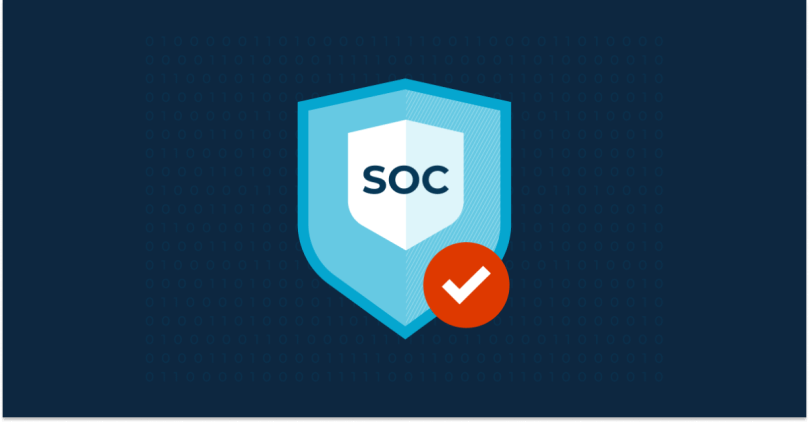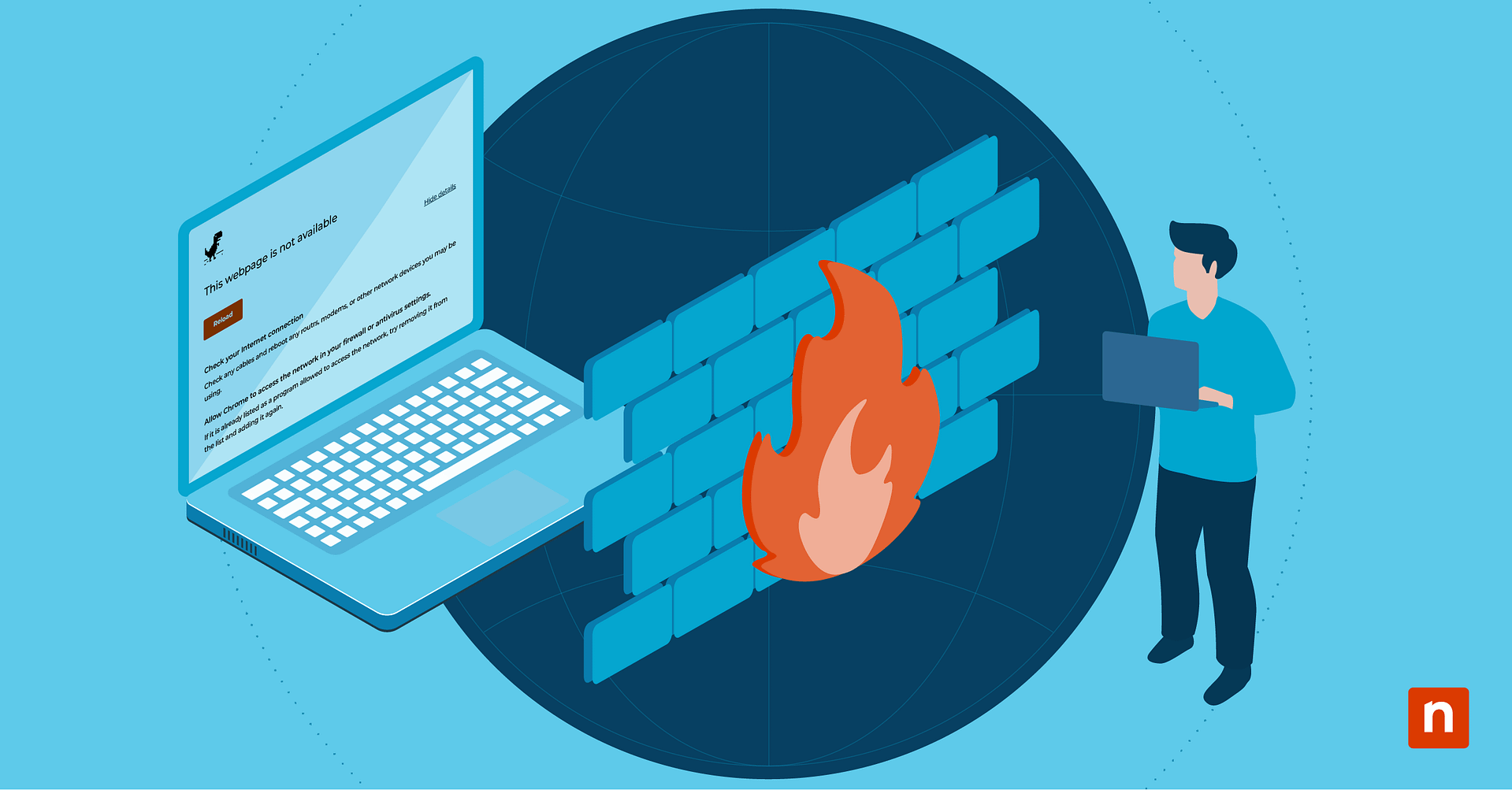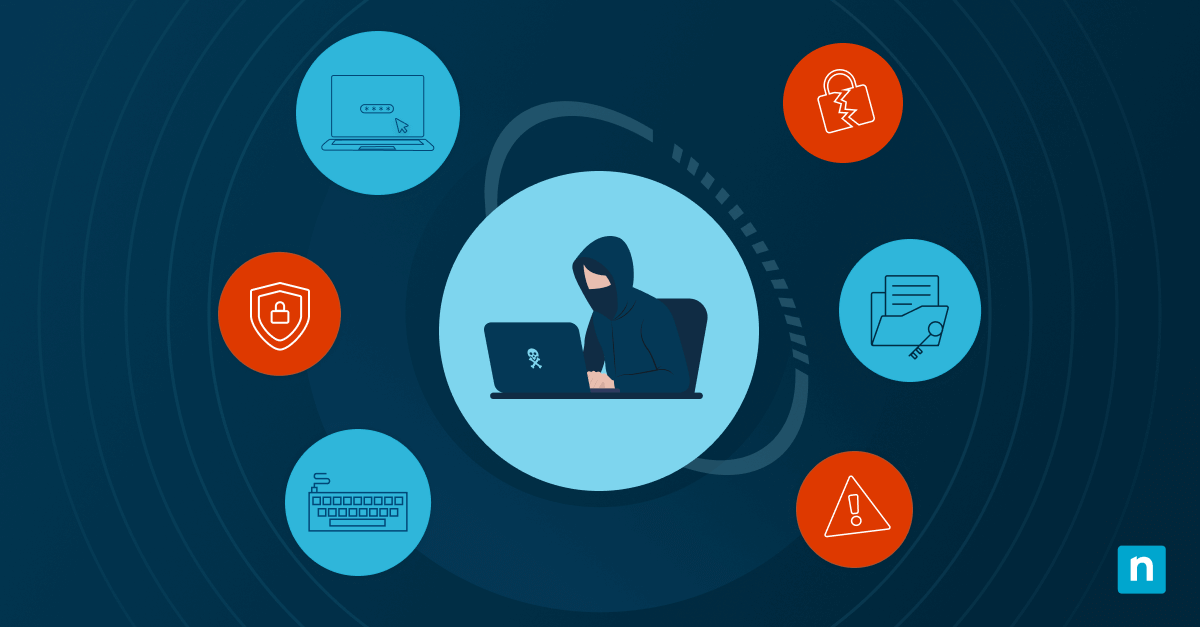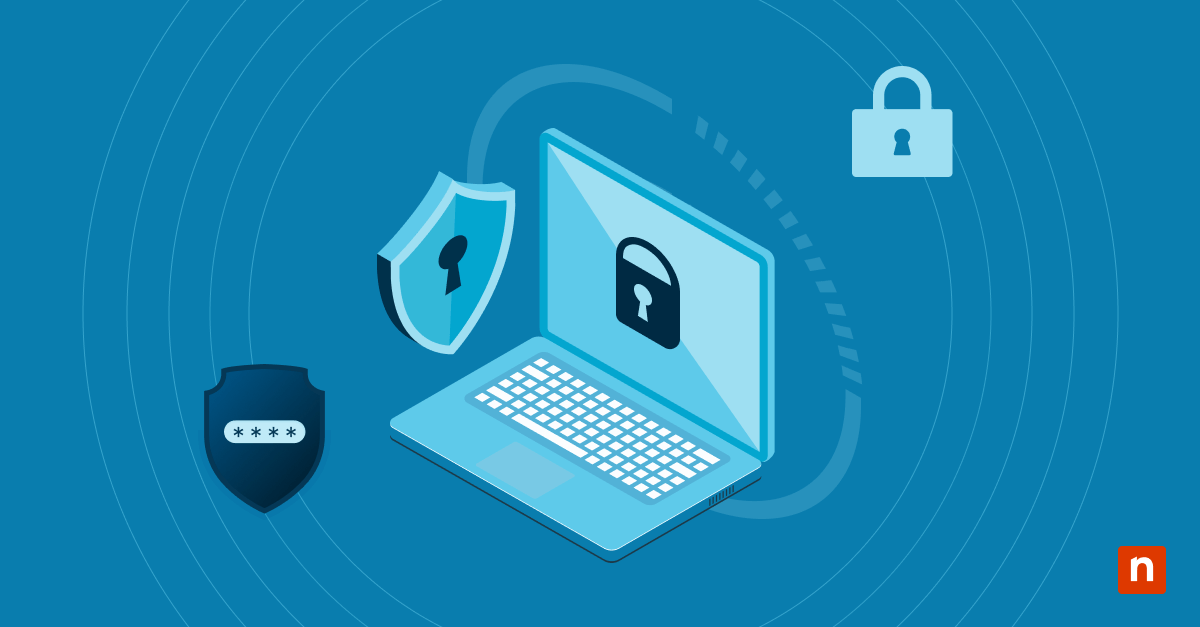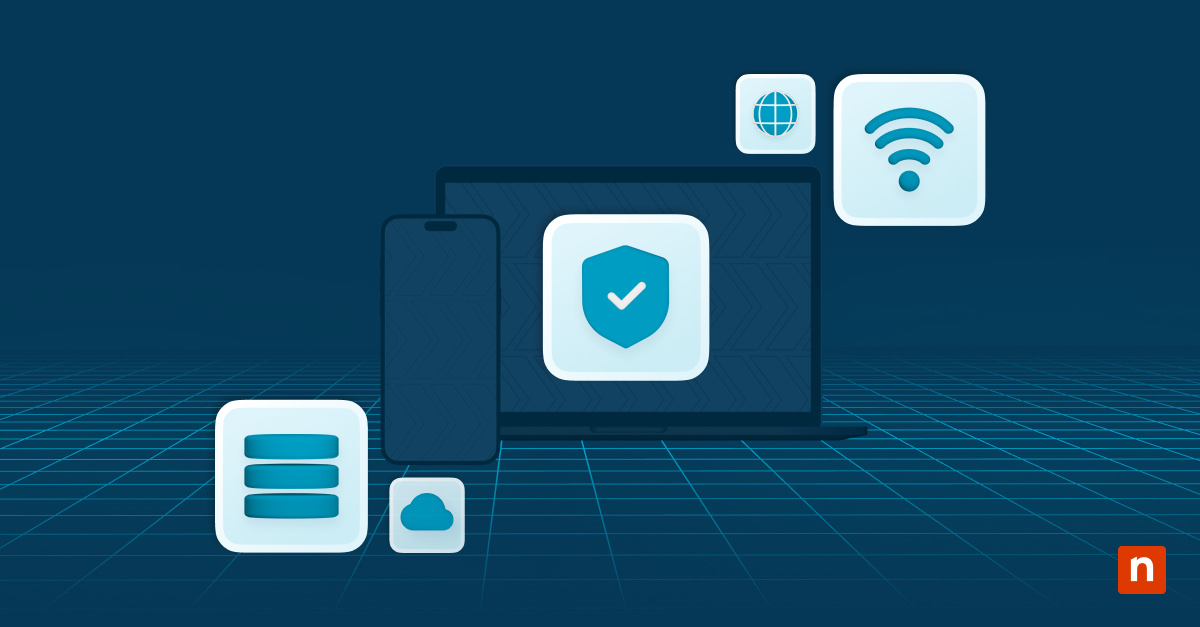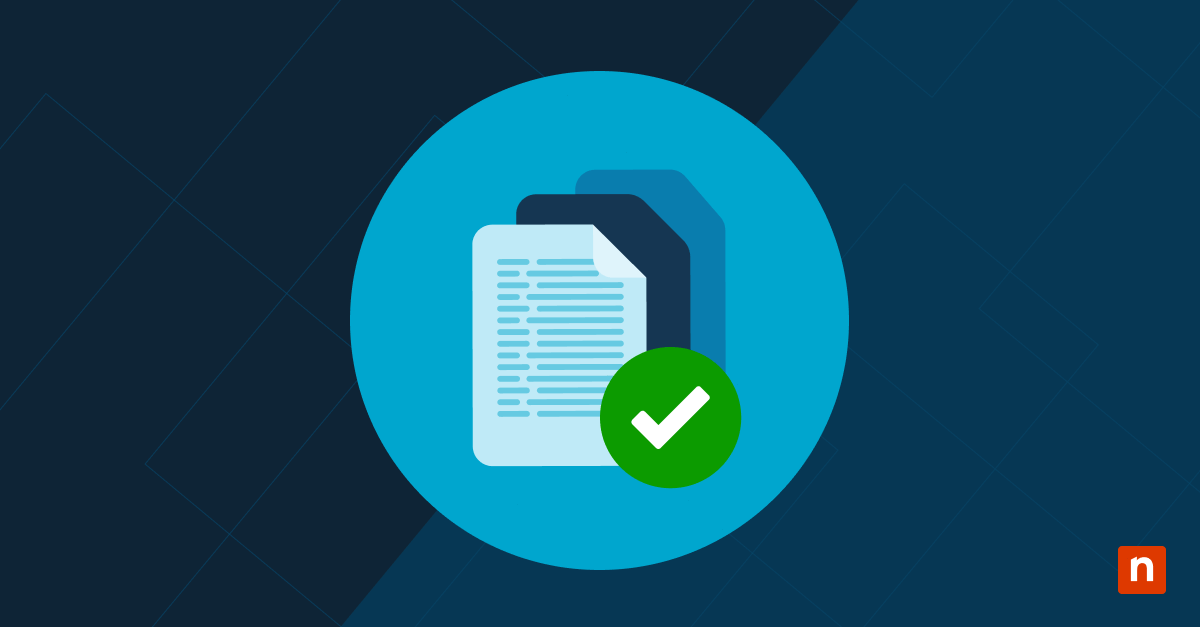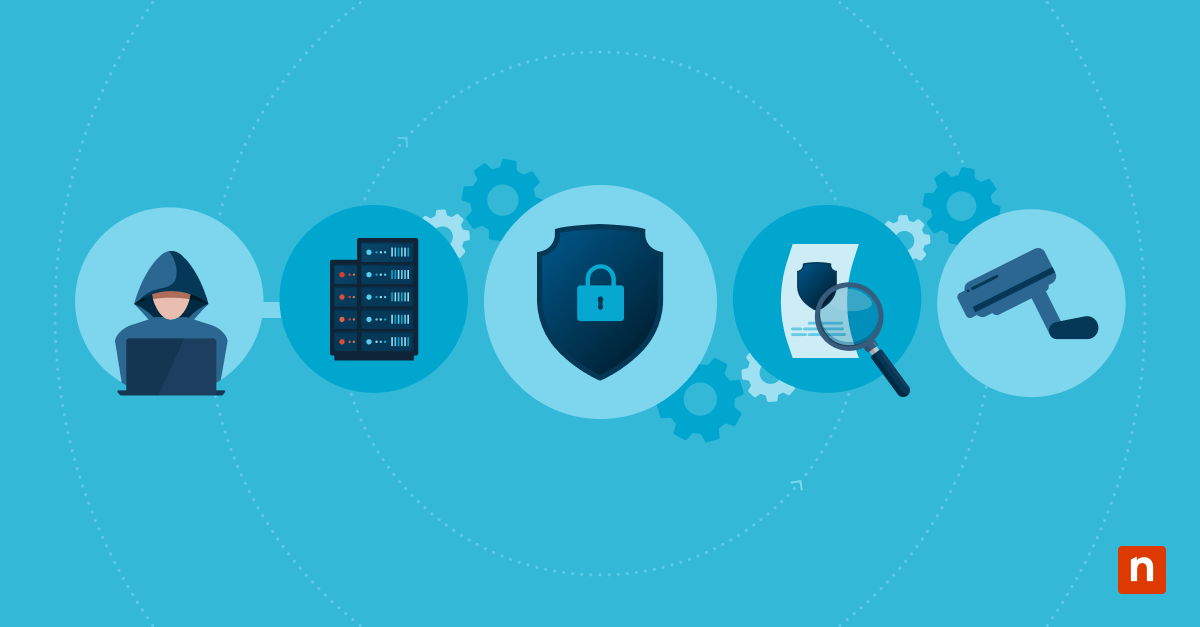This year there are already plenty of shocking cybersecurity statistics to lose sleep over. The global damage from cybercrime is predicted to hit 10.5 trillion annually by 2025, and businesses around the globe want to protect themselves and their customers from any costly attacks.
One of the cybersecurity best practices that IT pros follow is to undergo a SOC compliance audit. This audit ensures that an organization’s SOC is up-to-date and follows all necessary procedures to provide top-notch protection from cyberattacks. Use this guide to learn more about the different types of SOC compliance and how they affect your MSP.
3 SOC compliance types you should know
Currently, there are three levels of SOC compliance that an organization can achieve. Once an organization has passed a SOC audit, it becomes certified with levels 1, 2, or 3. For example, NinjaOne has a SOC 2 certification, meaning that it passed the SOC 2 audit. Additionally, SOC 1 and SOC 2 also have two subcategories: Type I and Type II. Type I is a shorter evaluation that assesses an organization’s security from a single point in time, while SOC II is a more in-depth analysis that takes place over a certain period of time, usually a couple of months to a year.
Here is what each SOC level represents in more detail:
SOC 1
SOC 1 audits focus on procedures, security processes, and internal controls regarding financial information and reporting. MSPs with SOC 1 certifications are able to build trust with clients and prove that they follow all best practices when it comes to handling financial information.
SOC 2
SOC 2 audits are the most commonly requested audits by clients, and it focuses on an organization’s controls regarding compliance and operations. This audit analyzes and is based on the Trust Services Criteria, which are security, availability, confidentiality, privacy, and integrity. For this type of report, only the organization itself and its clients have access to SOC 2 information.
SOC 3
SOC 3 audits are similar to SOC 2 audits since they cover the same information, but unlike SOC 2 reports, SOC 3 audits are for “general use.” This means they can be viewed by others, not only the organization and its clients. SOC 3 audits are less detailed than SOC 2, but can prove useful for marketing purposes.
Which SOC level does your MSP need?
As JumpCloud explains, “It’s very common for organizations to undergo a SOC 2 Type II audit.” In the service industry, the SOC 2 Type II audit brings the most value to a company since it provides a thorough evaluation of an organization’s overall security. First-time SOC auditees sometimes choose SOC 2 Type I to gain a better understanding of SOC and their own organization. For these reasons, MSPs and other businesses in the tech industry choose to undergo SOC 2 Type I or Type II audits.
If you feel that your MSP would benefit from undergoing multiple types of SOC audits, that’s also an option. “Depending on the nature of your MSP, you might benefit from undergoing and completing multiple compliance assessments concurrently in lieu of the overlap in process and requirements,” A-LIGN claims. However, because SOC audits can be lengthy and tedious, most MSPs and organizations choose one SOC audit that will benefit them the most.
The importance of SOC compliance for MSPs
-
Build trust with clients
There are plenty of ways for MSPs to build trust with clients, and undergoing a SOC audit is one of them. With SOC certifications, MSPs have indisputable proof that their security procedures are effective and up-to-date. Clients don’t hand over their data to just anyone; they want to partner with MSPs who they can trust to secure their information.
-
Improve cybersecurity practices
Even if a SOC audit doesn’t showcase your MSP’s security as much as you wanted it to, it can highlight areas for improvement. In fact, some businesses use SOC audits specifically for that purpose. Sometimes, all a business needs is an outside perspective to find and resolve issues so that its security can truly be top-notch.
-
Boost your MSP’s reputation
A positive and praise-worthy SOC report is a tool that can be used to boost an MSP’s reputation. With a SOC audit in hand, an MSP has proof that showcases its commitment to security.
-
Support marketing and branding efforts
One way to market your MSP is to use your SOC certification to display your MSP’s dedication to security and its clients. If you choose to obtain a SOC 2 certification, keep in mind that you cannot reveal the report to potential consumers, but you can inform them that you have a SOC 2 certification. If you want to reveal the report to your sales leads or people other than your current clients, you will need a SOC 3 audit.
-
Gain a competitive advantage
If your direct competitors do not have SOC certifications, obtaining a SOC 1 or SOC 2 certification is a great way to gain a competitive advantage. Even with the best MSP sales processes and tactics, MSPs need to use every advantage they have to sell to their clients, especially since the MSP space is extremely competitive. Even though a SOC certificate might not seem like a big deal, it might be the extra advantage you need to win over your next client.
3 questions to answer before your next SOC audit
1) What type of SOC audit does my MSP need?
Before scheduling a SOC audit, determine which type of SOC audit will benefit your MSP the most. As aforementioned, most MSPs choose SOC 2, either Type I or Type II, but SOC 1 and SOC 3 can also be helpful depending on your MSP’s specific situation.
2) What steps should my MSP take to prepare for a SOC audit?
There are multiple steps an MSP can take to prepare for a SOC audit, such as creating up-to-date security policies, gathering and organizing documentation, and briefing the compliance team. If your MSP is a first-time auditee, it’s recommended to follow a SOC audit checklist to ensure that you are fully prepared.
3) How should my MSP choose an auditor?
Choosing an auditor is an important step in the SOC compliance process. When searching for auditors, select businesses that are well-known with a good reputation, have experience with the type of SOC audit you choose, and have worked with similarly-sized MSPs.
Find out how NinjaOne keeps your data safe
NinjaOne is dedicated to keeping our client’s information safe, which is why Ninja has a SOC 2 certification. When your MSP uses NinjaRMM to monitor, manage, patch, backup, and access endpoints, you can rest assured that your data will remain secure at all times. Not a Ninja partner yet? Learn more about NinjaOne’s #1-rated RMM software by signing up for a free trial.

